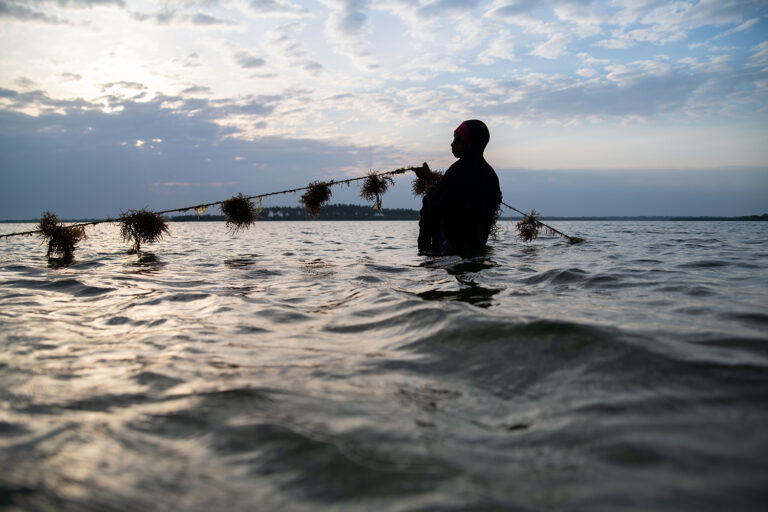
Responsibility
Climate change mitigation needs mariculture, new research concludes
NGO-academic collaborative study finds that mariculture “done right” can aid climate change mitigation by cutting greenhouse gas emissions.
Intelligence
A new study finds that research inflates the growth potential of mariculture and undervalues the production potential for freshwater aquaculture.

Responsibility
NGO-academic collaborative study finds that mariculture “done right” can aid climate change mitigation by cutting greenhouse gas emissions.
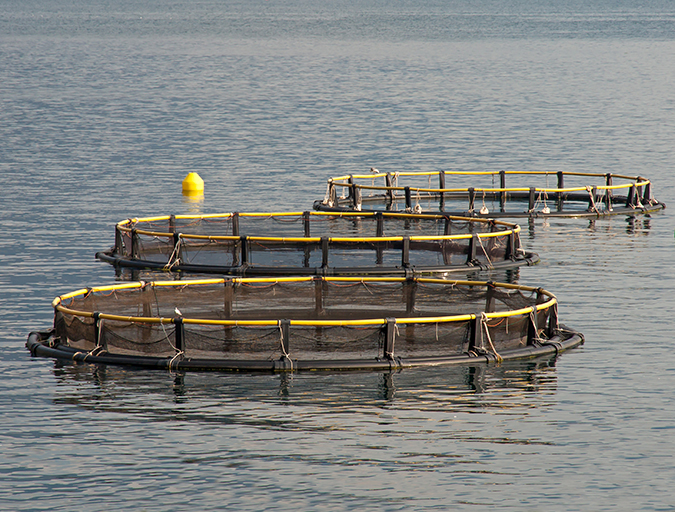
Responsibility
A study projects that the global mariculture supply may decline 16 percent by 2090 if no climate action is taken.
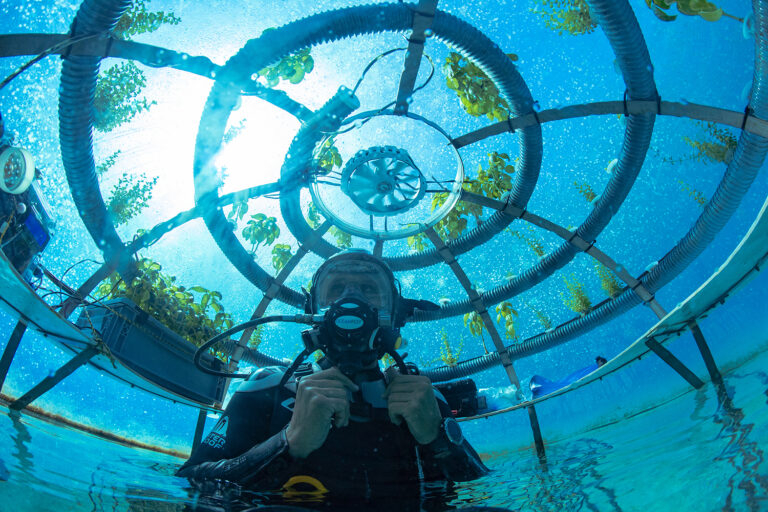
Innovation & Investment
Preliminary research suggests that emerging mariculture methods could provide alternatives to land-based agriculture and within recirculating systems.
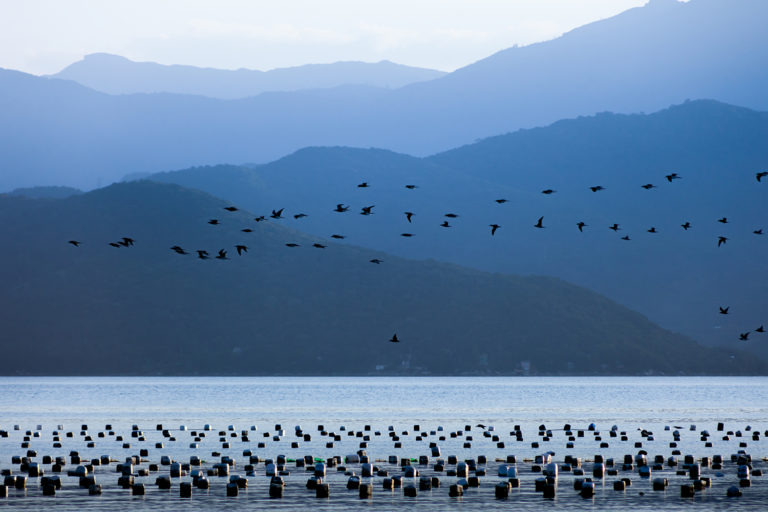
Responsibility
“Ocean Solutions that Benefit People, Nature and the Economy” encourages a new ocean narrative that touts mariculture’s three major benefits.
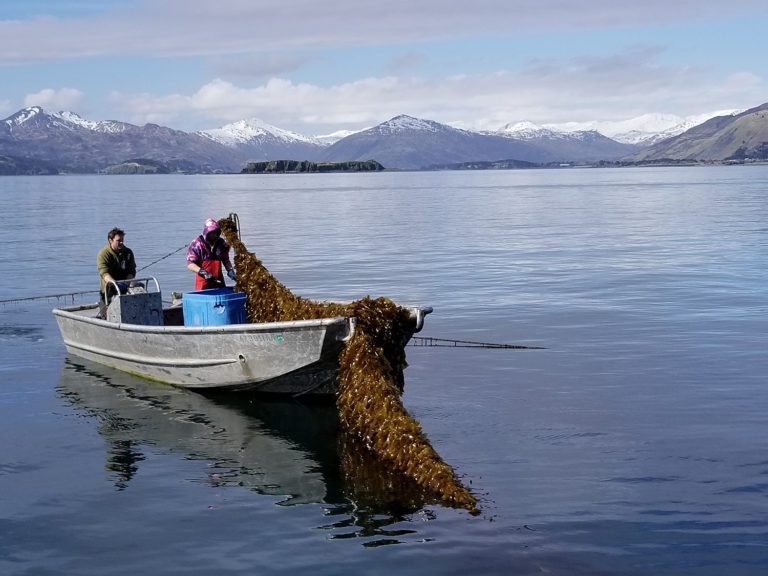
Responsibility
The word aquaculture is a dirty one in Alaska, where finfish farming is firmly prohibited. But if your farm fits a certain description, permits to proceed can indeed be obtained.
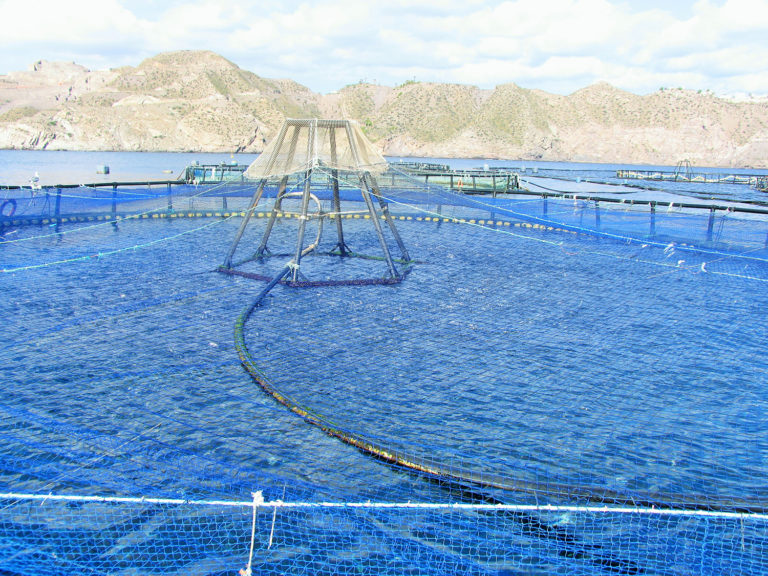
Responsibility
Authors quantified the environmental niche and inferred the global habitat suitability index of the 102 most farmed marine species using four species distribution models.
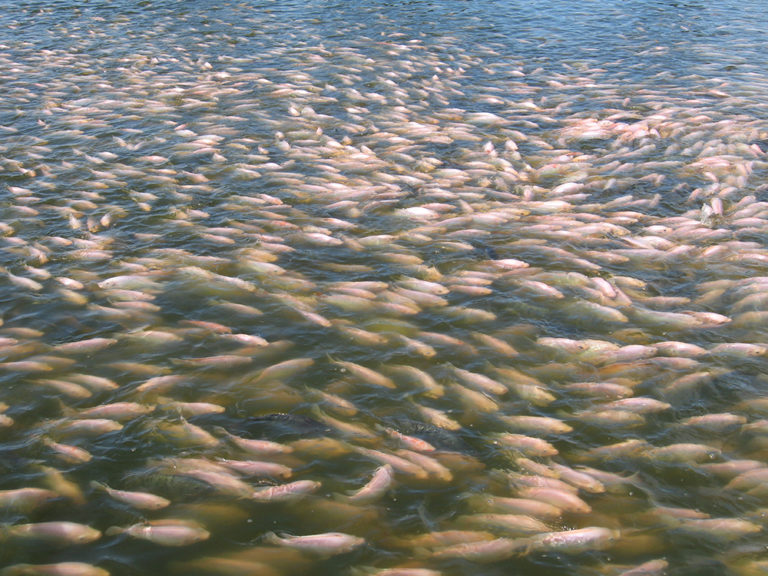
Intelligence
Tilapias are farmed in a variety of production systems, but mostly in freshwater and low-salinity waters. But tilapias are an excellent candidate for aquaculture in brackish- and seawater because they can tolerate a wide range of water salinity.
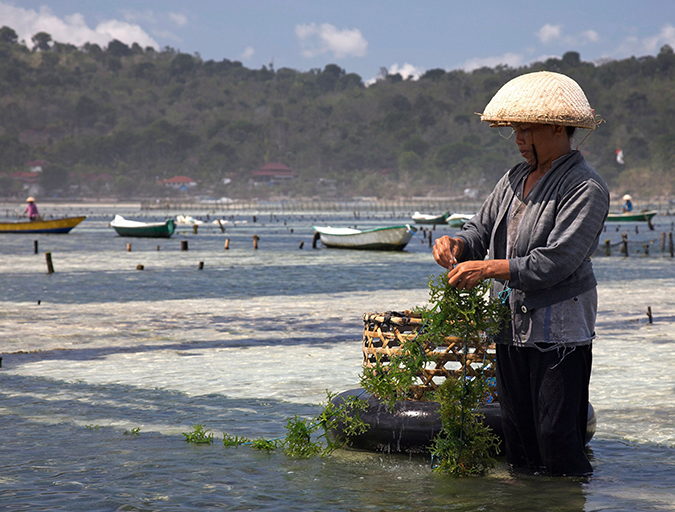
Responsibility
La producción mundial de la maricultura sostenible, desarrollada en una escala masiva y sostenible y utilizando sólo una pequeña fracción de las zonas oceánicas del mundo, podría eventualmente igualar la producción agrícola con base en tierra. La escala y consideraciones de derecho internacional requieren la participación de muchas partes interesadas, incluidos los gobiernos nacionales y las organizaciones internacionales.

Responsibility
Global, sustainable mariculture production, developed on a massive, sustainable scale and using just a small fraction of the world’s oceanic areas, could eventually match the output of land-based agriculture production. Scale and international law considerations require the involvement of many stakeholders, including national governments and international organizations.
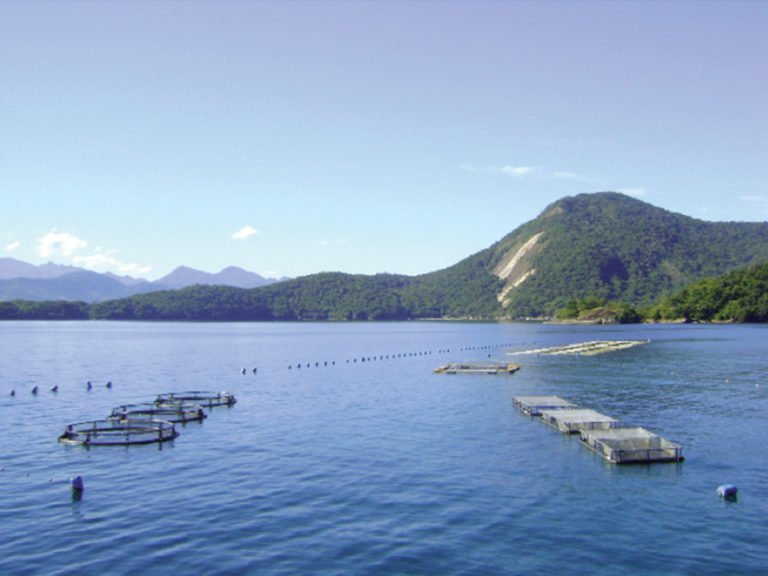
Responsibility
A partnership among the private, academic and government sectors is advancing the development of mariculture in Rio de Janeiro, Brazil. Ongoing projects include a marine fish hatchery, demonstration unit and experimental integrated multi-trophic aquaculture system.
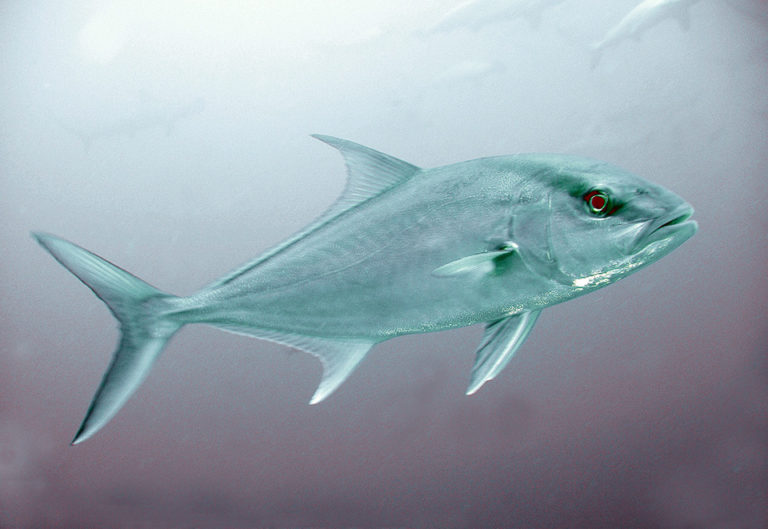
Intelligence
The government of Ecuador has set the legal framework for leasing mariculture sites and the conditions under which to apply for a lease. This commitment to marine fish farming was also shown by the extension of credit lines.

Responsibility
In integrated multi-trophic aquaculture, farmers combine the cultivation of fed species such as finfish or shrimp with extractive seaweeds, aquatic plants and shellfish and other invertebrates that recapture organic and inorganic particulate nutrients for their growth.
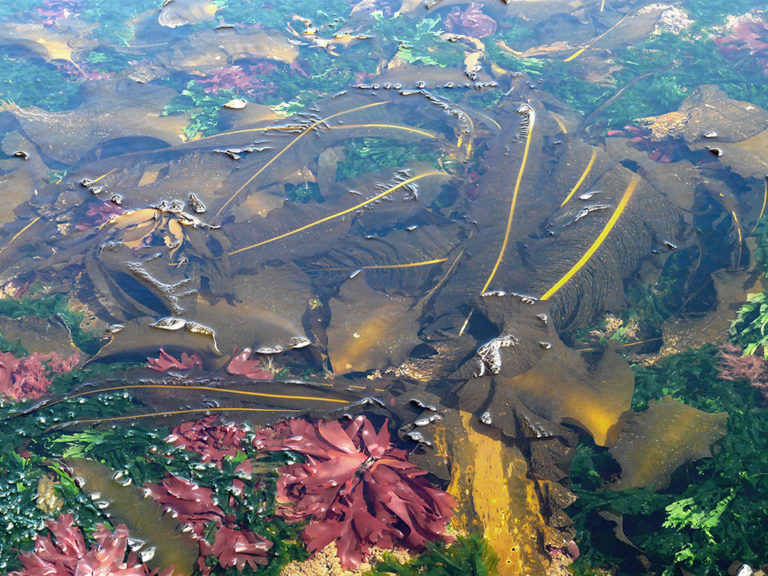
Responsibility
Seaweed plays key roles in Earth processes as a primary producer and link in the food webs of coastal and estuarine ecosystems.
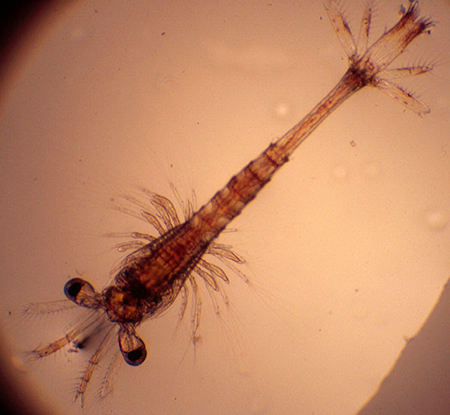
Health & Welfare
The authors developed hatchery techniques for producing Florida’s native pink shrimp for the Crystal River Mariculture Center.